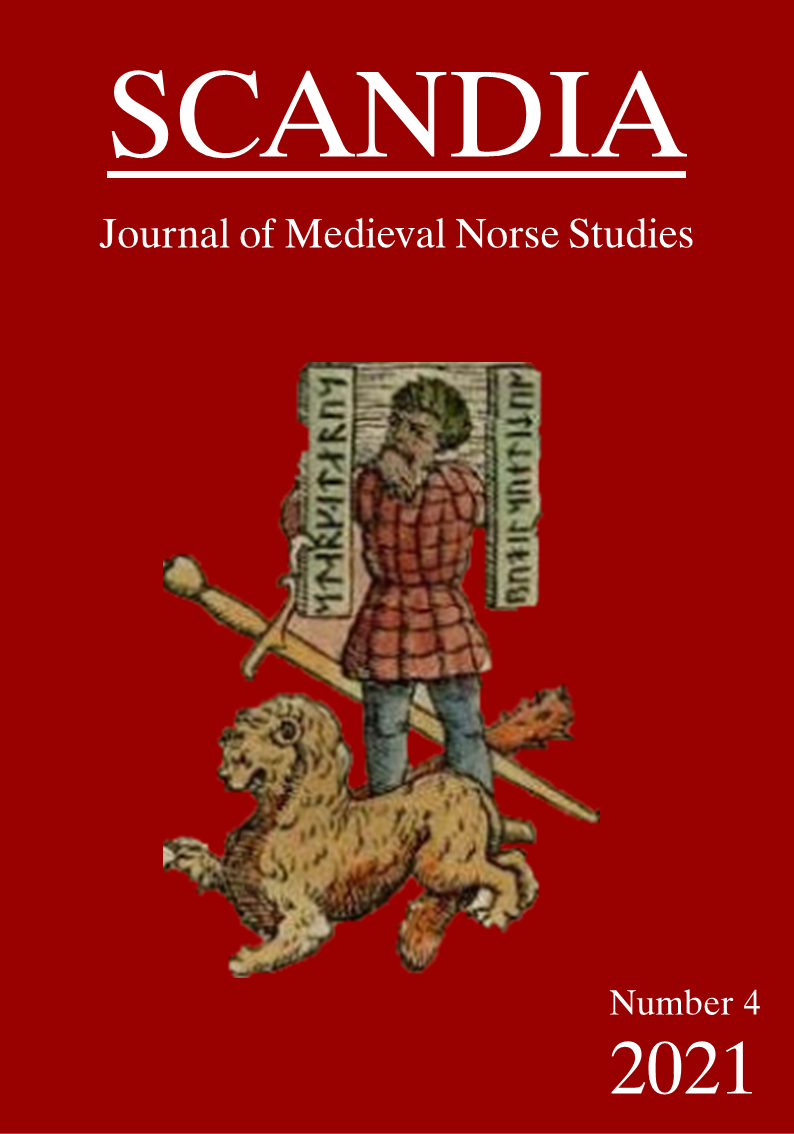LUDOS IN MYTHOS: GOD OF WAR AND THE SUBVERSION OF SNORRI
Résumé
This article analyses the reception and transformation of Norse mythology from its medieval literary sources into the game world of God of War (2018), which marks a stark departure from the norm for the long-running Sony PlayStation franchise. This shift in cultural repertoire also carries with it important changes for the game’s characters and the behaviors they embody, which are argued to reflect modern social discourses around race, gender, colonialism, and parenthood. In order to communicate this understanding of the game and its complex and fastidious use of the Norse mythological sources, a brief summary of the game narrative is followed by a discussion of recent work in Old Norse scholarship that has drawn attention to the political agenda of Snorri Sturluson, 13th century Icelandic chieftain and accredited compiler of the Prose Edda, which strongly influenced his presentation of the pre-Christian Scandinavian mythological material and thus our modern understanding of the mythos. Further reference is made to scholarship on the myths, particularly on the jötnar, the “giants,” who are central to the both the mythology and God of War. The analysis then argues how the game’s adaptation of Norse mythology subverts its unitary presentation in the Prose Edda, drawing into relief certain themes which reflect modern sentiments and concerns.
Téléchargements
Téléchargements
Publiée
Numéro
Rubrique
Licence
The author (s) of the original submitted undertake to comply with the following:
- All authors are publicly responsible for it.
- The authors claim that this original is their own and that they assume full responsibility to third parties, whether moral or patrimonial, by reason of its content, stating that the work does not infringe any intellectual property rights of third parties.
- The author (s) agree to the copyrights of the original to Scandia Journal, to which they grant permission for its reproduction, editing and online publication.
- The author (s) grant their copyright of their original to the Scandia Journal, licensed under the Creative Commons Attribution License, which allows the sharing of this work with the acknowledgment of their authorship.
- The author (s) have permission and are encouraged to cite and distribute their original.


